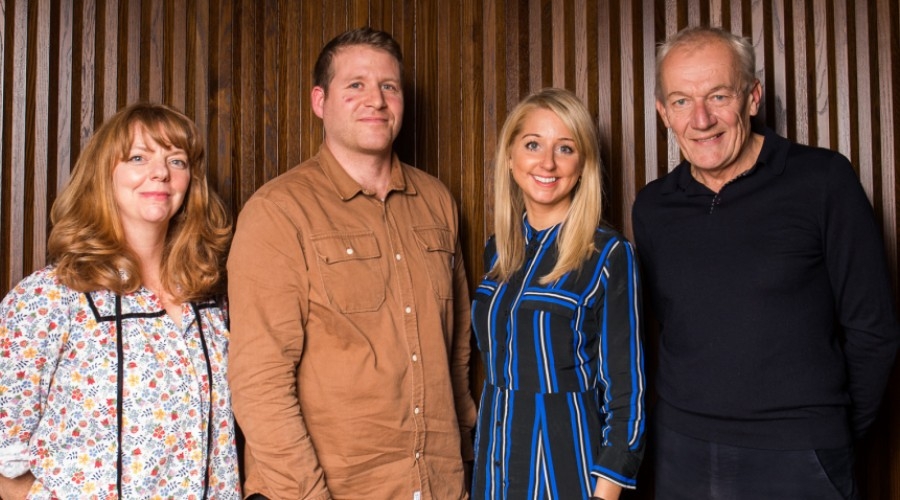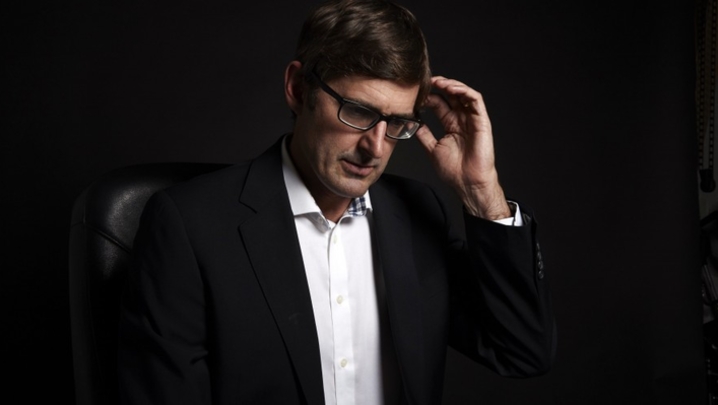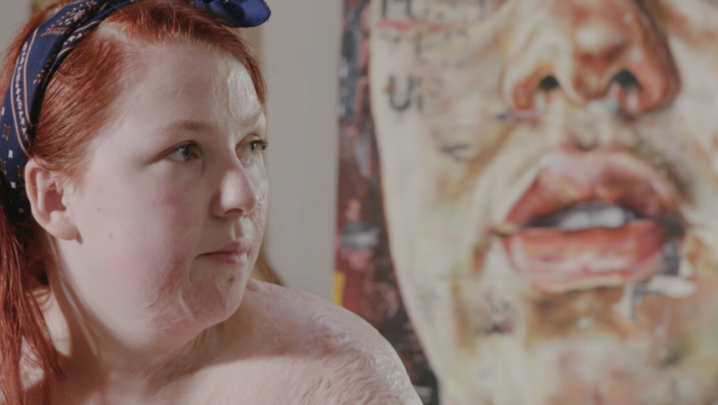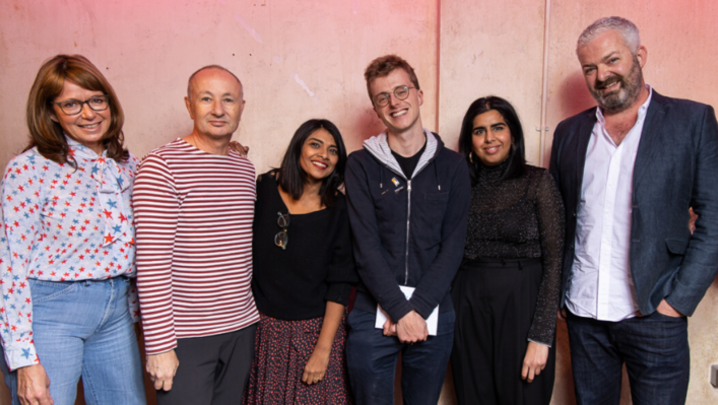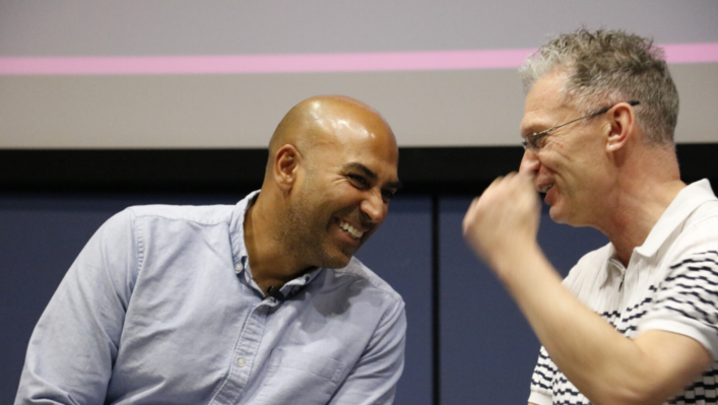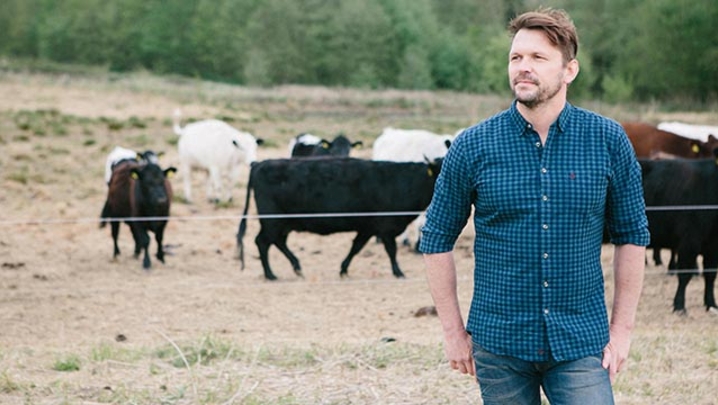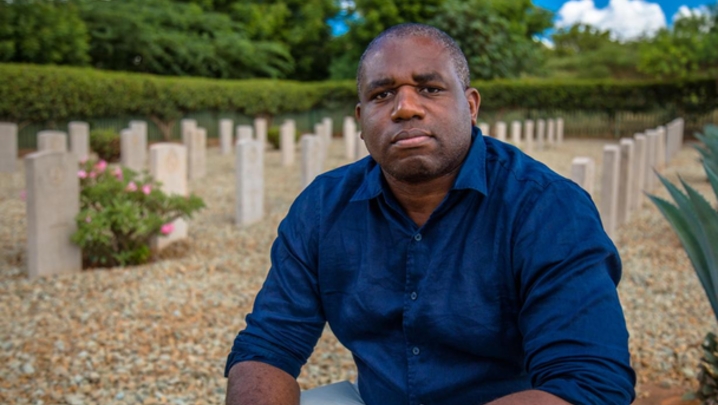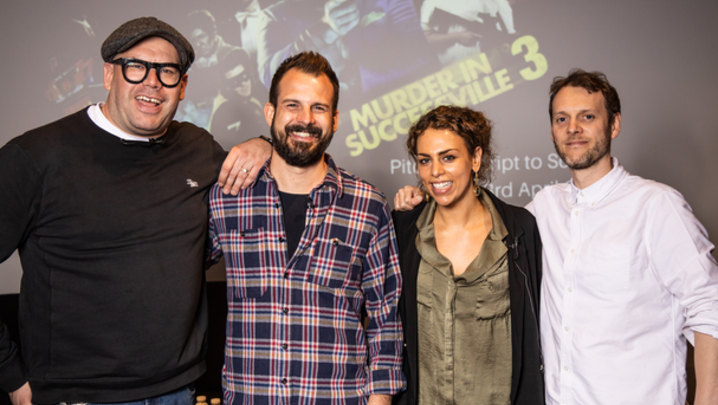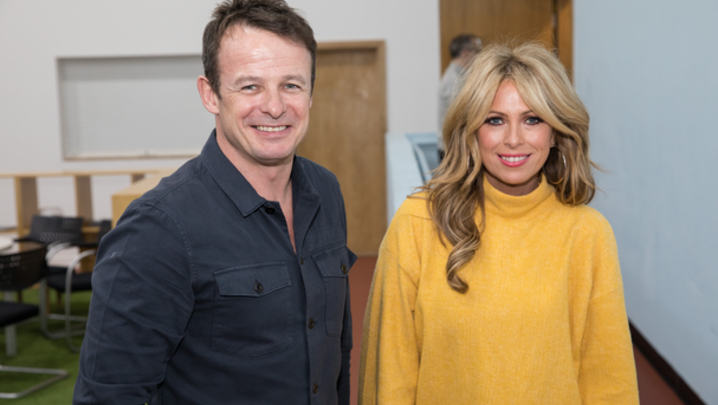Observational documentaries have offered television audiences some of their most cherished memories over the years, from Michael Apted’s Up series, to Molly Dineen’s The Ark to Rowan Deacon’s How to Die: Simon’s Choice.
One of the panel, Lizzie Kempton, was the assistant producer on the Grierson Award-winning BBC Two film, How to Die: Simon’s Choice, which tells the story of a man with an aggressive form of motor neurone disease who chooses to end his life.
Kempton studied journalism at university, working as a runner at ITV in Manchester during her holidays. After graduating, she tried her hand at current affairs (Tonight with Trevor McDonald) and factual (Long Lost Family) television, but Kempton was set on making observational documentaries.
She got in touch with acclaimed director Vanessa Engle and landed a job as an assistant producer on Engle’s BBC Two doc Welcome to the World of Weight Loss. “She has a very clear, distinctive style and I respected her as a film-maker. I enjoyed her films,” Kempton told Dale, a former head of documentaries at Channel 4.
As a producer, Kempton “worked very closely with some really brilliant directors for a few years. I was able to observe how different people [practise] their craft.” Her producing credits included the BBC Two programme, Chris Packham: Asperger’s and Me.
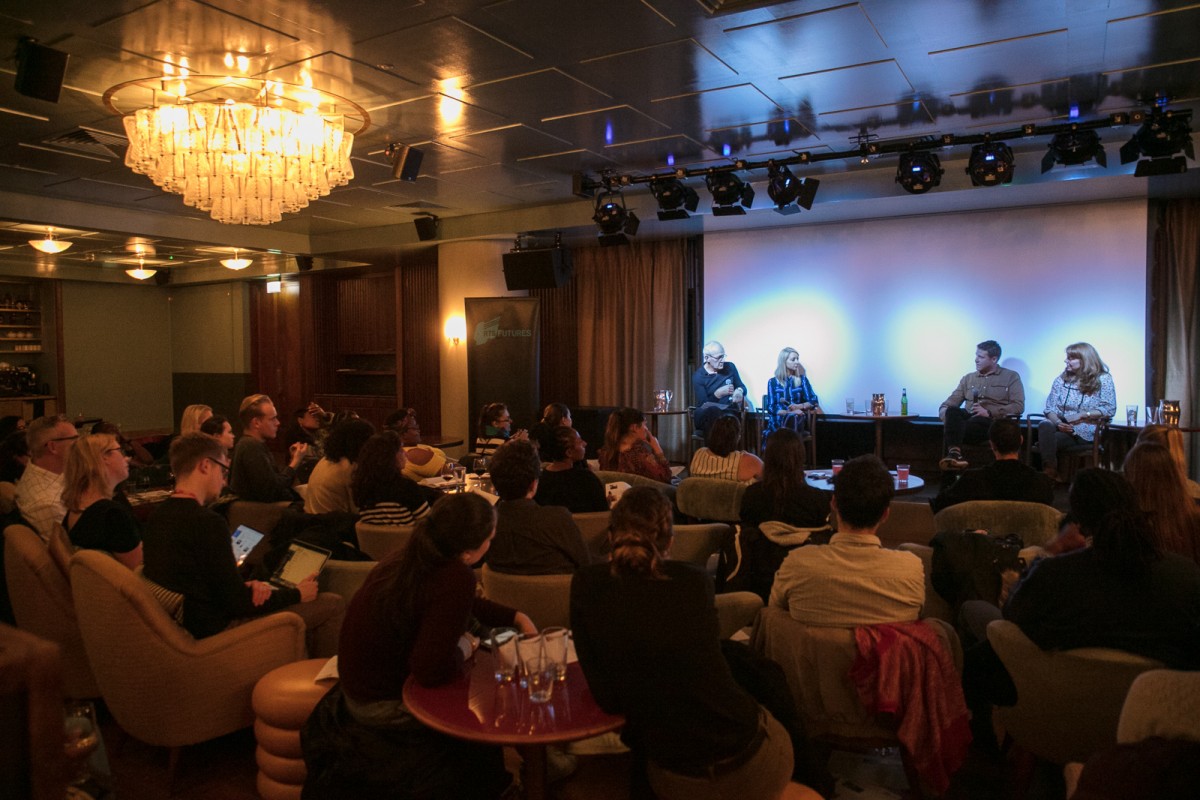 BBC Three film Manchester Bomb: Our Story gave Kempton, who had secured a place on the BBC’s documentary directors initiative, her first director’s role.
BBC Three film Manchester Bomb: Our Story gave Kempton, who had secured a place on the BBC’s documentary directors initiative, her first director’s role.
She is currently working for Minnow Films on a documentary about a woman, Sally Challen, who is appealing against a murder sentence on the ground that her husband was psychologically abusive.
Peter Beard, who directed Channel 4’s Bafta-winning documentary, My Son the Jihadi, had wanted to be a movie director. A work experience placement on the Harry Potter set, “emptying the bins”, however, gave the teenager a dose of realism. “I realised there were about 500 people between me and the director,” he recalled.
Beard started to shoot his own short films and won a place on a researcher training programme at Channel 4. His break came as an assistant producer on director Bruce Fletcher’s 2009 BBC Three film about a 21 year-old with Down’s Syndrome, Otto: Love, Lust and Las Vegas.
“We spent a year making the film with Otto and I absolutely loved that type of observational film-making in which you get time to get to know character[s], getting under their skin, following a narrative and shaping it as it goes along. I thought that should be my future.”
“Directing is not a gift – it’s a craft that you learn”
Beard “raced” to become a director and was commissioned to direct a film for Channel 4’s First Cut documentary strand, but “felt entirely out of my depth”.
He took a step back and, like Kempton, learnt from observing other directors while producing their films. “Directing is not a gift – it’s a craft that you learn,” he said.
Beard produced Channel 4 series Bedlam, which was directed by David Nath with whom he subsequently founded the production company, Story Films. “That was a massive lesson,” Beard recalled. “It took me from being a point-and-shoot director to someone who thinks a lot about how the story is being put together.”
Havana Marking, the director of Afghan Star, which follows the lives of contestants on an X Factor-style show in Kabul, worked on a local newspaper in Dorset before becoming a researcher on Channel 4’s Escape to River Cottage, which was filming nearby. “I loved the combination of the visual and the storytelling components [of the show],” she recalled.
Marking moved to London, discovering TV genres that she hated. A job on ITV reality show Holiday Showdown, she said, was “awful”. Marking had been told it was a “banging holiday show” but, in reality, it was “car-crash television”.
At that point, Marking left “mainstream TV”, vowing “to make my own films about the things that I want to make”.
She made her first film about a troupe of disabled male strippers, The Crippendales, after winning a Channel 4 pitch scheme for new talent.
Marking followed her debut with the Sundance Film Festival award-winning Afghan Star, which was supported by the BritDoc Foundation and More 4, the Channel 4 offshoot conceived and launched by Peter Dale.
To shoot or not to shoot
“So you want to work in observational documentaries? was held at White City House, Television Centre, London on 6 November. The RTS Futures event was produced by Natalie Spanier and Caroline Carter.


